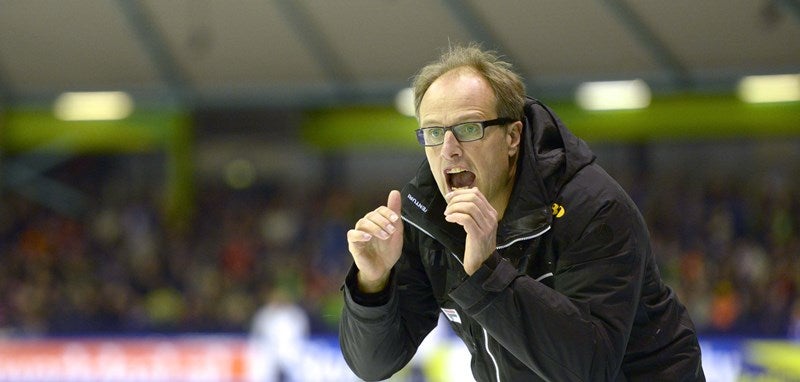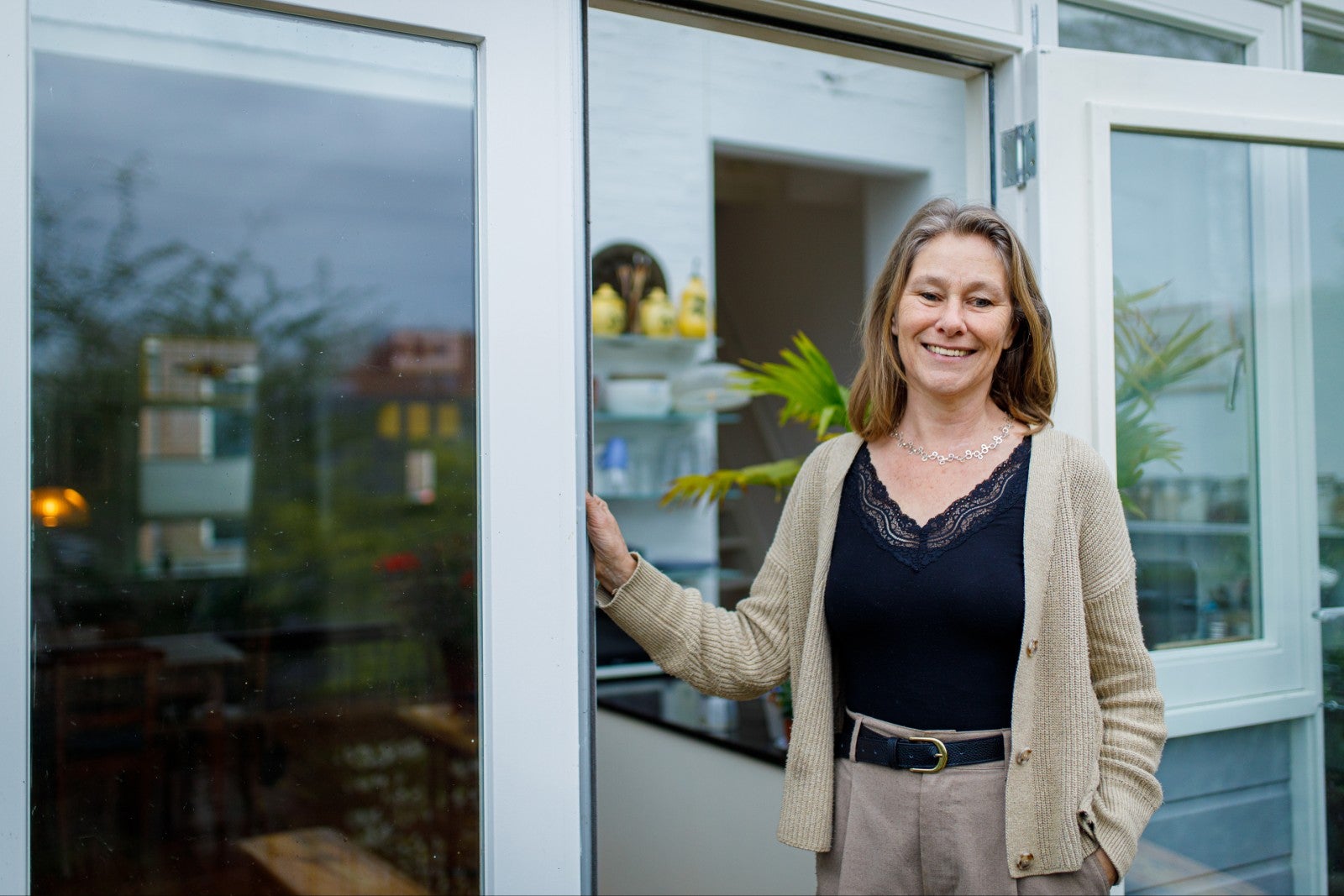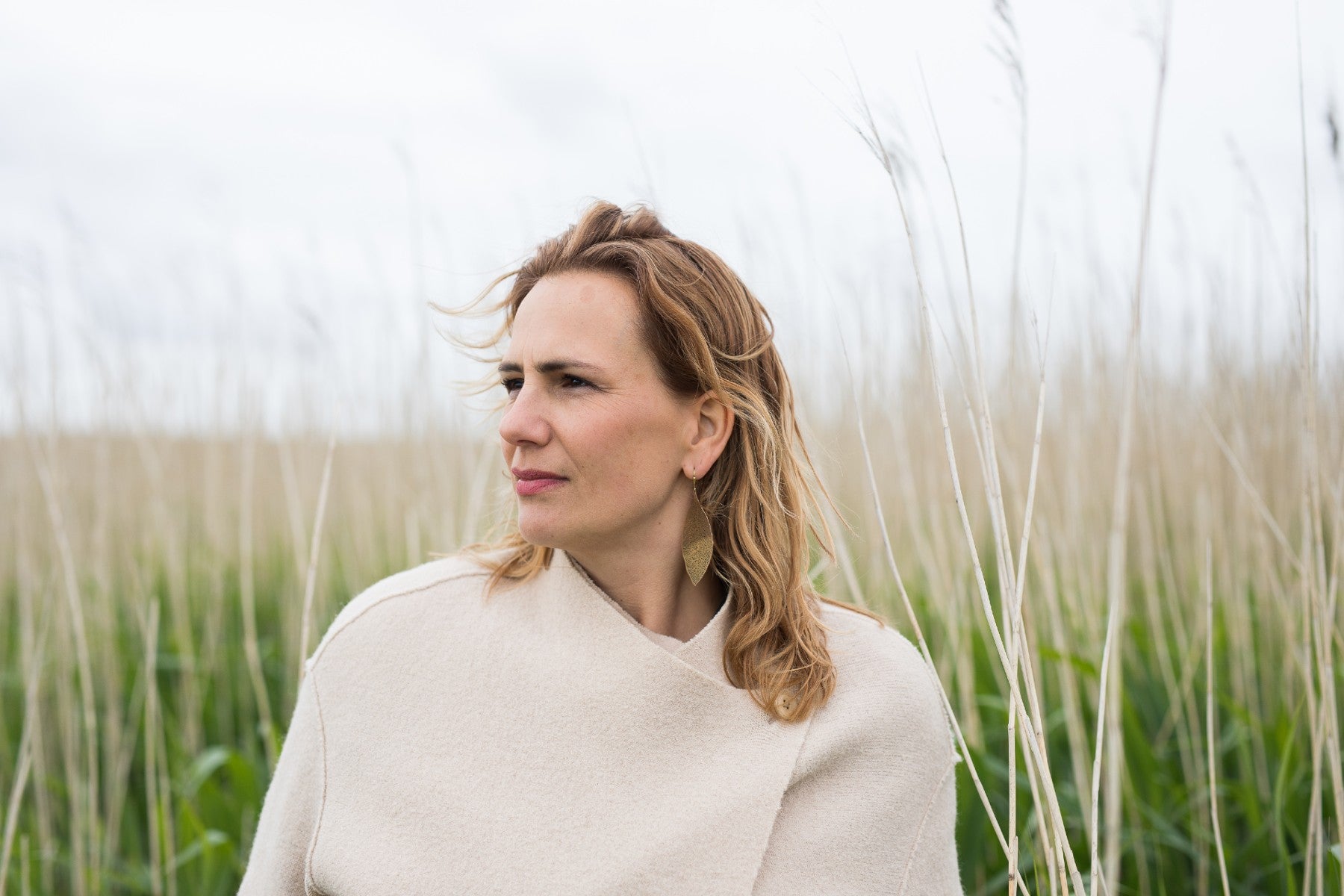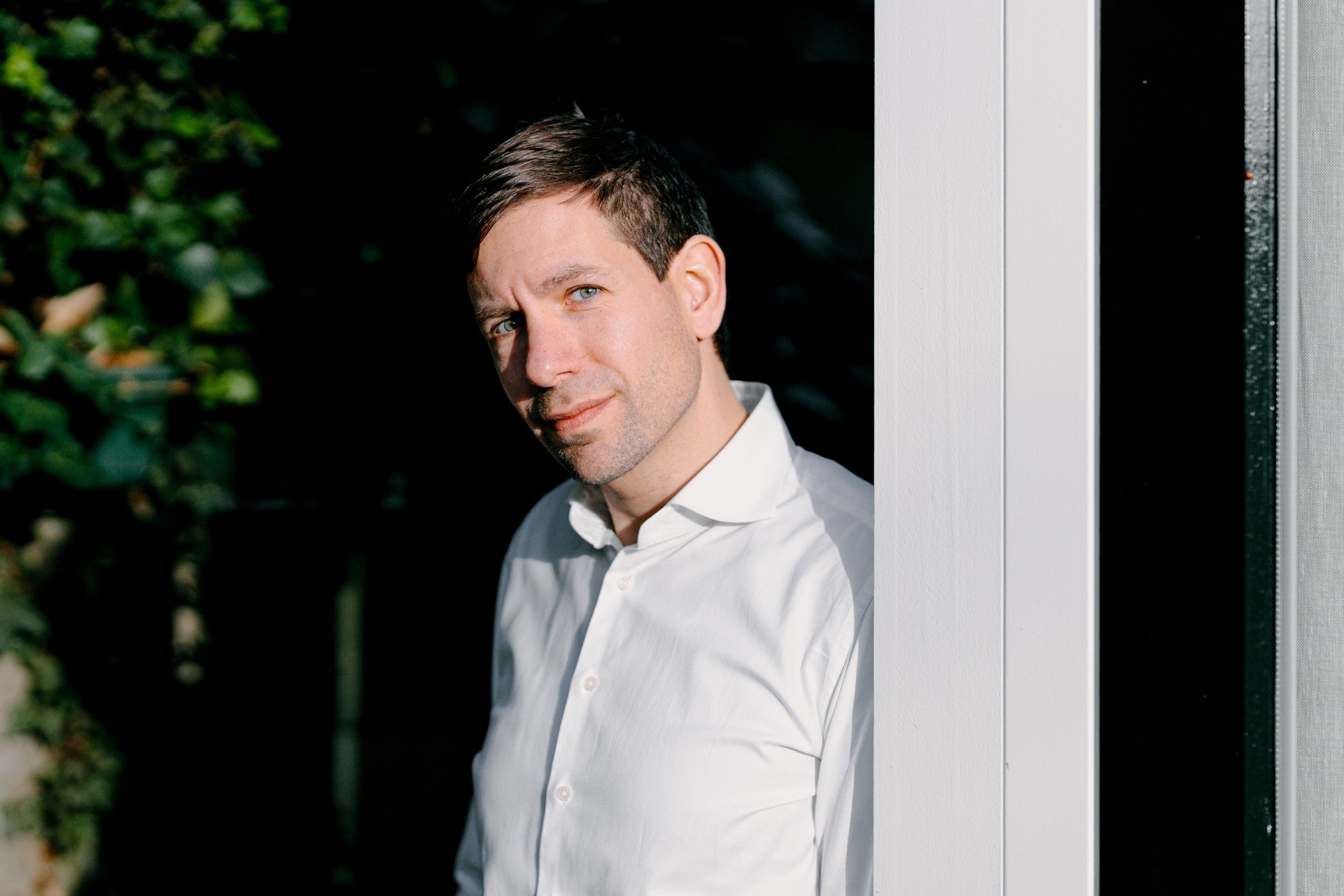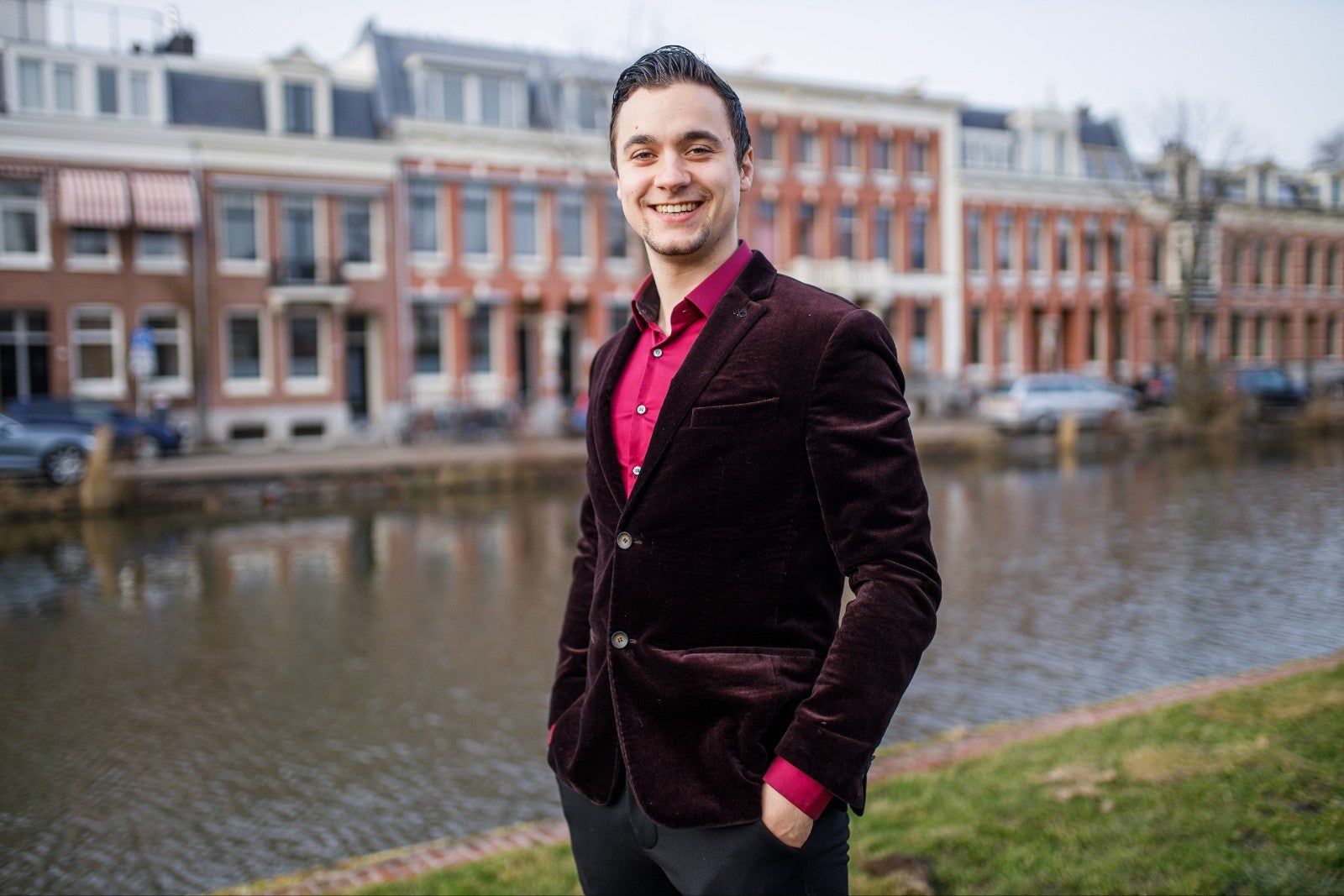He sees his work as one big experiment. While enjoying working with young people, he is constantly busy with scientific inquiry. So it is only logical that Jac Orie combines his work in professional sports with his research at the VU. ‘That adds depth to my work, which makes me a better coach.’
You have been coaching almost as long as you have been skating. Looking back, what have you enjoyed most? ‘‘I never would have thought of becoming a trainer before. I abhorred that work. And yet I rolled into it anyway, and now I really enjoy it. Really, I enjoy everything that deals with movement. I see it as one big experiment. I work a lot with young people, and winning is just really fun! Achieving great performance and then justifying it with empirical methods; that’s why I do what I do.”
What is your average work day like? “I spend most of my time studying things; from drawing up training schedules to reading articles, conducting physiological tests, meeting with the team and maintaining contact with sponsors. But I also look for ways to do better and to set a goal together with your team. That way, you really work together to build up to a new season.”
‘I spend most of my time studying things’
Why are you so good at what you do? “I’ve seen so many trainers who achieve good results in other ways, but to me it’s about having a vision. If you can formulate a vision, you can motivate people to achieve better performance. Keep your focus and try to continue to develop it. But authenticity is also very important, because it adds depth to the relationship and builds a personal bond.”
I’ve heard that you can’t get into the world of professional sports unless you know the right people. Is that the case? “I’m not very good at networking myself, but it is important to meet the right people. But to me, it’s even more important to have a vision that you completely believe in. Why do you want to be number 1? If you stay authentic, then I believe that you’ll rise to the top on your own. It’s a plus to have a study programme standing behind you, as I did. But a diploma itself is definitely not enough. As long as your story makes sense and you believe in it 100%, you will definitely differentiate yourself from the competition. That’s your ‘proposition’, as I like to call it. And then there’s the question of perseverance; giving up is not an option.”
What is the thing you like least about your work? “The absolute worst thing is losing! I really hate losing. But I also have lots of ideas that I can’t put into practice, because I just don’t have the time. That’s unfortunately the shadow side of the commercial sports world. It is based on a lot of short-term thinking. I have to take that into consideration when I draw up the schedules for the new season. I would rather be able to go a bit deeper into the content in order to implement it in my training.
‘Losing helps you to keep developing’
How do you deal with setbacks? “I see them as a challenge. You need a setback every once in a while, because that’s a really good motivator. There is a certain synergy to winning and losing. When all goes well, nothing changes, but when you lose you grow towards a different method. So losing helps you to keep developing.”
Did you learn anything useful in your studies? “I use it almost every day, whether it is a mathematical model or the way I interpret something or read a scientific article. It gives you that extra bit of baggage that allows you to give your own spin on things. For example, I use a lot of physiology and coordination dynamics in my training.”
Science has a major influence on professional sports. First there was the revolutionary clap skate, and now scientists are embedded in the team to help win extra milliseconds. Is it still fun? “Yes, because it helps make sure that we don’t stagnate. I mainly follow my own path, but I do read a lot and I’m aware of what’s going on. When I read an interesting article, I call or visit the person who wrote it. I enjoy continuing to learn. For example, I once visited the University of Calgary, where I talked to one of the professors for hours about developments in the world of skating.”
You are currently working on a dissertation at the VU about the developments in the world of skating. Why is that? “I started because I had saved all of my records over the past 14 years. Someone said: ‘You need to do something with that’. So that’s how it came about. They’re some great statistics, and while I write I come across all sorts of things. It’s taught me a lot, and it adds extra depth to my work, which makes me a better coach.
My research supports the team goals, and I enjoy sharing my knowledge – although I keep some things to myself. But without sharing knowledge we would stagnate, and in sports it’s all about movement.”
CV BLOK

